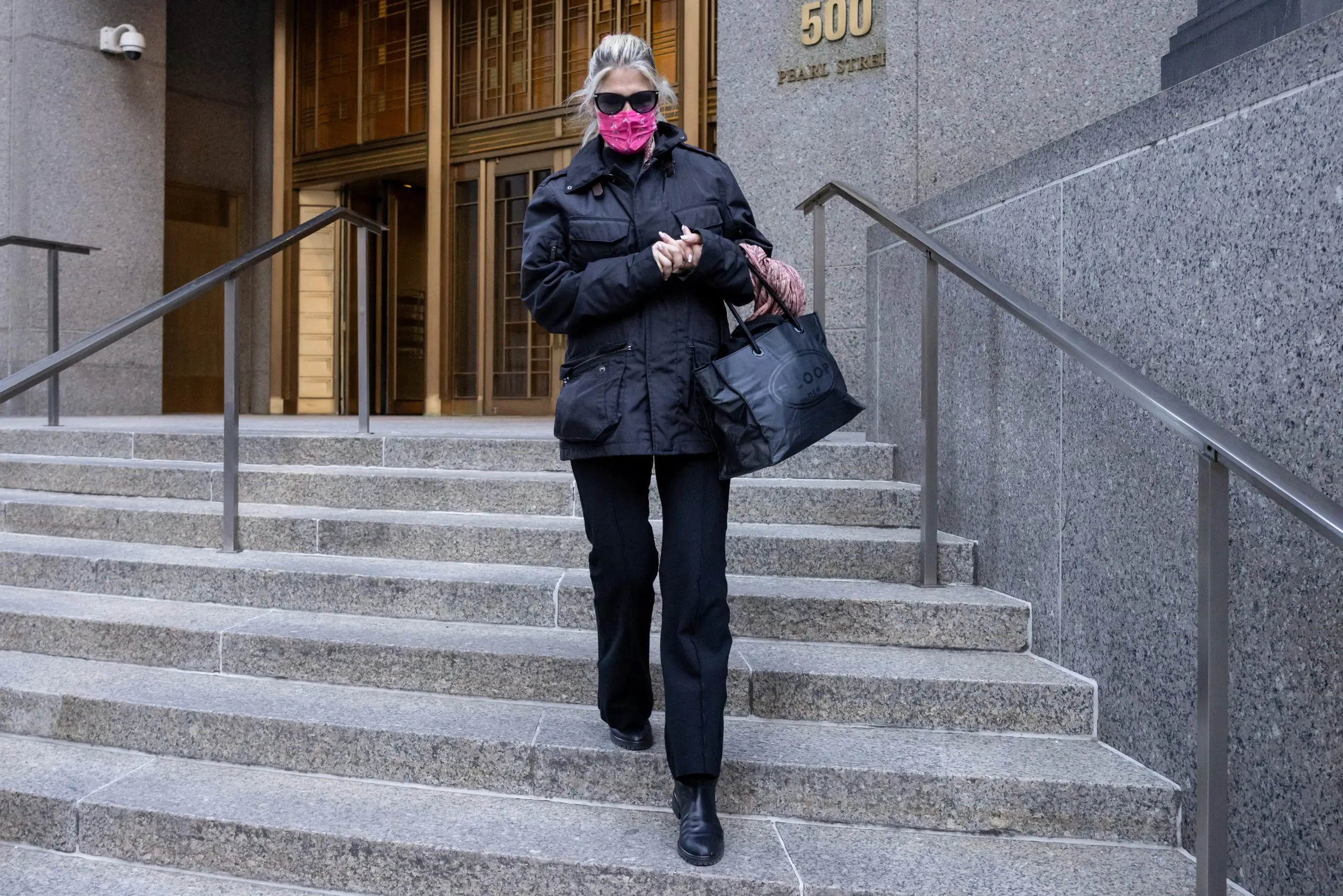Graeme Atkins
Crayfish and paua washed ashore following Cyclone Hale near Ruatoria.
Tairāwhiti Gisborne locals have launched a petition – already signed by more than 1200 people – seeking a raft of changes in the way forestry is carried out in the region, so destruction caused by storm events like Cyclone Hale can be avoided.
The petition has been organised by Mana Taiao Tairāwhiti – a group including farmers and horticulturalists, Māori landowners and conservation workers.
The petition calls on local and central government to do more to reduce erosion sediment and forestry slash from entering waterways.
Group member Hera Ngata-Gibson said what was occurring in the region was an “ecological disaster”.
READ MORE:
* Forestry company addresses industry practices
* Taranaki to enforce national forestry standards to prevent widespread environmental damage
* Tolaga Bay farmers call for logging halt, compensation after damage
“It’s time we all hear and acknowledge what our environment is ‘screaming’ at us. Enough is enough! We must stop, check ourselves and start acting responsibly. We all have a part to play in sorting this huge issue. We must speak up and put the well-being of our whenua above all else. It’s critical for our own longevity and wellbeing in this place,” she said.
Brennan Thomas/Stuff
Cyclone Hale caused flooding and damage at a property at Paroa Rd, Tolaga Bay.
“We are sick of seeing the carnage created by forestry slash in our awa and along the coast – after years of expensive litigation, it seems Gisborne District Council is still unable to set rules that protect the environment and it is impacting on our ability to live on our own lands,” she said.
Mana Taiao Tairāwhiti joined the Environmental Defence Society (EDS) in calling for an independent inquiry and would work with EDS on all available options.
The petition makes five requests of Gisborne District Council. It seeks an independent inquiry into the planning and regulatory system for land use in Tairāwhiti – “with a focus on activity, and lack of activity, contributing to erosion, sedimentation and woody debris deposits in waterways and the marine coastal environment”.
It also calls for a review of land use rules related to activities on the steep, erosion-prone land that comprises 80% of land in the region and suggests the area become “a pilot region for the Resource Management Reforms that will include significant support from Central Government”.
Uawa Live
Mangatokerau river, Tolaga Bay, filled with forestry slash after Cyclone Hale.
It calls for the council to work with Trust Tairāwhiti, other regional leadership organisations and central government on a 20-year regional Just Transition plan “to ensure all land use in the region is truly sustainable – from economic, social, cultural and environmental perspectives”.
And it requests the establishment of a ministerial group including the Ministers for the Environment, Climate Change, Business and Employment, Social Development, Forestry, Agriculture, Civil Defence, Research, Science and Innovation, and Māori Development to support the development, implementation and monitoring of a regional Just Transition plan for Tairāwhiti.
Ngata-Gibson said the group would present the petition to the council at its Sustainable Tairāwhiti meeting on January 26.
On Monday the Environmental Defence Society called on Minister of Forestry, Stuart Nash, to think again about the merits of an independent inquiry into exotic forest planting and harvest methods.
Nash had earlier said he saw no need for such an inquiry, but EDS chief executive Gary Taylor said the public “has lost confidence in the commercial plantation forest sector because these events keep happening”.
“There has also been a series of recent prosecutions of forest companies in which the courts have slammed the performance and cavalier attitude of forest managers. The sector has no social licence to continue operating in a way that leads to sediment and slash pollution across large swathes of Aotearoa New Zealand,” he said.
“The Minister should focus on the interests of the wider public and accept that a fundamental reset of the policy framework is urgently required. The present tinkering with the National Environmental Standards for Plantation Forestry isn’t going to address the much bigger issue of continuing environmental harm. The present regulatory agencies are overseeing a failing regime and can’t be relied upon to come up with effective solutions.
“An independent public inquiry under the Inquiries Act 2013 is needed to recommend what a modern regime for plantation forestry, that is fit for purpose in a climate-changing world, should look like,” Taylor said.




















Discussion about this post